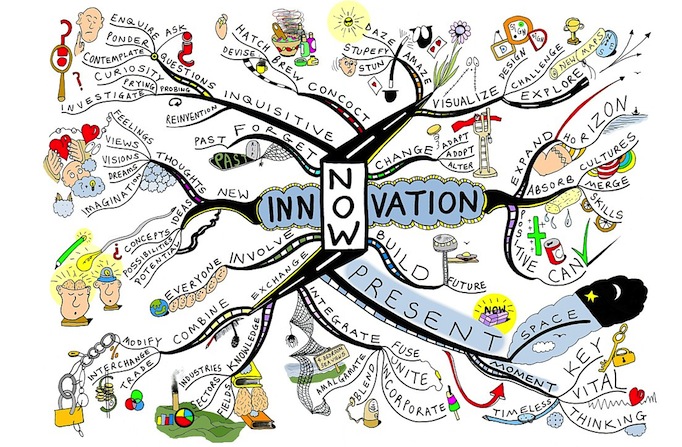C1 playwright Kirsten Greenidge just penned a wonderful opinion piece over at the Boston Globe. The link to the article can be found HERE, or you can read the piece in its entirety below:
THANKSGIVING IS a peculiar holiday with a somewhat amorphous focal point. How many of us, in front of our friends and family, truly stop and say aloud what we are thankful for? Posting it on Facebook for a month beforehand does not count.
In any case, Thanksgiving, for those who celebrate it, can still be as joyful as a high school band marching past Macy’s — or as anxiety-inducing as driving to Logan to pick up your great-aunt Cora, who could never really tell you apart from your sisters. Uncle Phil always drinks too much, and cousin Pam should drink more, and it’s not going to be the same without Nana this year, so why bother? Where to go, who to invite, what to make? Not long ago at my children’s playground, I talked to a dad whose responsibility it is to bake the pies and cakes. Each year, he says, it scares the hell out of him.
I am the author of a play called “Splendor,” which was produced recently in Boston. It takes place over a few decades of Thanksgivings in a Massachusetts town like the one where I grew up. What draws me to the holiday is how it makes us see the intricacies and intimacies that make up a family. To me, Thanksgiving will always stir memories of ironing napkins for my mother the Wednesday before, and of seeing our counters covered with bags of flour and sugar, cans of cranberry sauce, piles of potatoes and celery stalks — ingredients so plentiful (even when we couldn’t really afford them) that we couldn’t fit them in the cupboard. My favorite part of the meal was dessert, because that’s when the women — my mother, my grandmother, my aunts — would finally relax. That is when I learned to listen, which was an invaluable part of my childhood.
Even if you are somewhat stripped bare emotionally, the holiday is, or can be, a day of repose. This is a luxury absent from our everyday lives. Rarely do we turn off our phones and turn to our friends, our neighbors, our children and say: I see you, I hear you. In this age of constant e-mail and tweeting, our workdays and our free time are not easily distinguishable. Despite the human cost, we are always open for business. Increasingly, that mindset is creeping into Thanksgiving, but not every family suffers equally.
In “Splendor,” the colorful character Gloria’s teenage daughter questions her whereabouts on Thanksgiving Eve. Gloria, a cashier at a grocery store, retorts, “I got the afternoon off, like the rest of regular people the day before Thanksgiving in these United States of America.” To Gloria, who’s used to working, being able to stay home on the eve of a holiday is a luxury afforded to others — presumably those whom our culture deems more deserving.
My husband works in the restaurant business, where holiday shifts are routine; someone has to work them, and it’s usually not the owner. For us, it is dismaying to read about the current trend in retail of opening for business on Thanksgiving, or at midnight the following day. An additional day of sales is paid for in the time lost with family or friends. That additional day is not made possible by a CEO graciously forgoing her turkey dinner so that we may all buy a new flat-screen TV. It is not made possible by a salaried manager choosing to work a little longer, and deciding to make up lost family time in other ways, while we elbow our way through the mall. Instead, these days are made possible by wage earners for whom a holiday shift is, in practice, hardly optional.
In the course of writing “Splendor,” I talked to a lot of people who shared moving and humorous stories about Thanksgiving in their families — recalling the magic the day held for them as children, or looking forward to handing the recipes and family gravy boats to the next generation.
To many of us consumers, that Thanksgiving night shopping trip might feel like the perfect antidote to unbearable family time. But there is something to be said for resisting the urge to shop and choosing to be present with our friends and family, if just for a short while.
Kirsten Greenidge is a Boston-area playwright.




